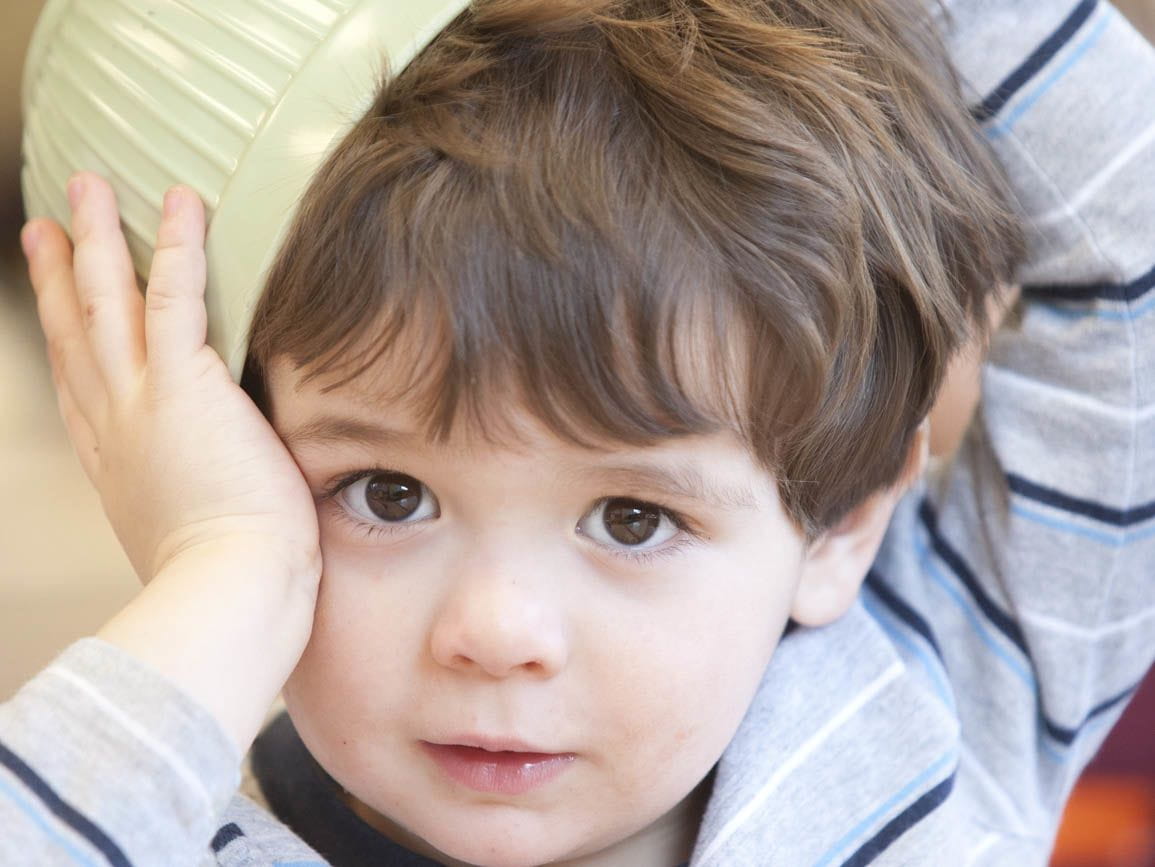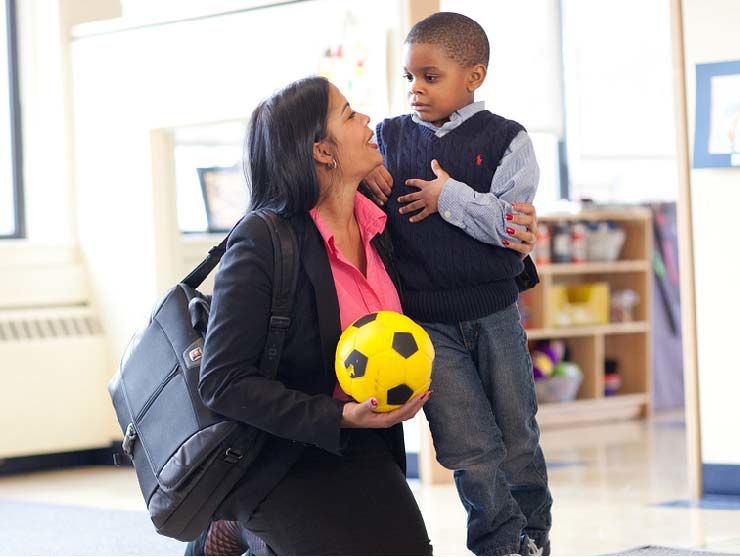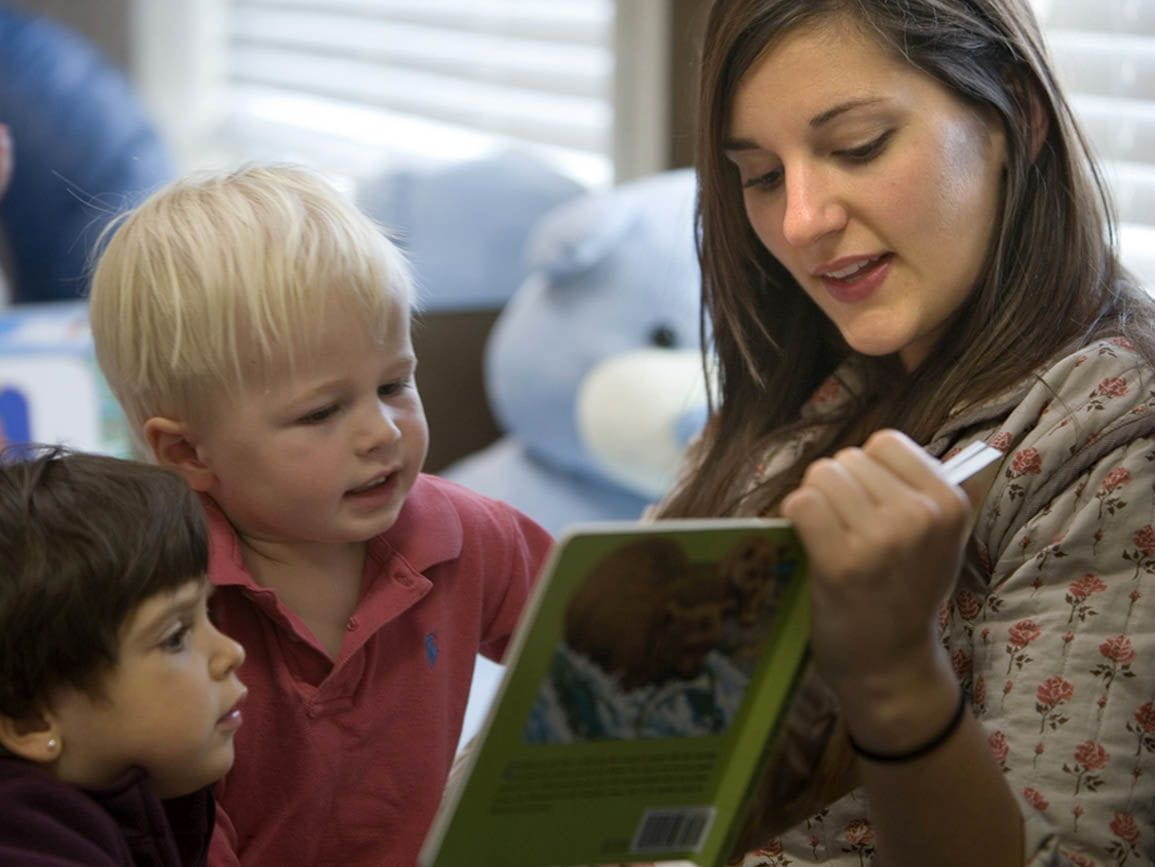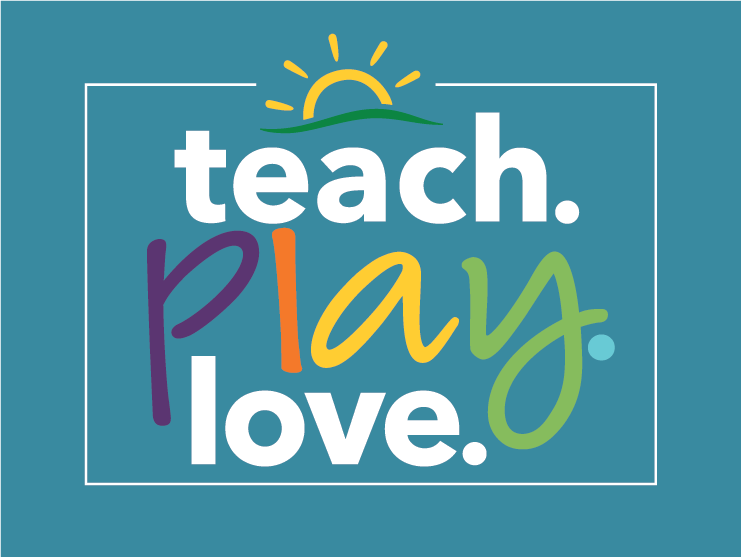From the moment newborns are placed in our arms, we love them unconditionally and as they grow, we support them as they learn to sit, crawl, and walk; we guide them as they make friends; we teach them how to write their names; and provide comfort after every bump and bruise. Our list is full of ways to nurture, support, teach, and provide for our children. But, although it may feel uncomfortable to some, we also need to provide opportunities for learning that come from making mistakes. In fact, letting children learn from their mistakes helps build resilience and is essential to raising a confident, capable, happy, and successful adult.
When children are given the opportunity to struggle and sometimes fail, you allow them to develop important social and emotional skills. Of course, you shouldn't risk their safety or not respond when what is needed most is reassurance. However, your role should be to support and guide, rather than do for them what they need to learn to do for themselves. It is often during times when things aren't working out or pose a challenge that children have the opportunity to develop coping and resilience skills. Coping skills are like muscles; we don't know how strong they truly are until we need to use them.
Consider the learning that occurs when a child and a friend have an argument. Even though it is unpleasant, children learn to reflect on their own actions, manage their emotions, take another's perspective, solve problems, and compromise. If parents swoop in to fix those problems, children miss out on that critical skill-building that results from learning from mistakes or failure. Further, children that don't have opportunities to fail or struggle and recover have lower self-confidence and a less developed self-concept. They tend to be more fearful of failure and less willing to try new things because they don't know how they will handle it.
Opportunities for Learning from Mistakes
- When your child asks for help: Try giving your child time for trial and error. From tying shoes to homework, respond with, "Let me see you try first and then I will help with the rest." Or, offer to do it together. If your child is non-verbal, give words to his actions so he can start to learn the process. For example, when a child reaches upward to be picked up, you can say, "It seems like you want me to carry you. I will hold you for a few minutes and then we will walk together." You don't need to do this every time, but consider it often.
- When your child asks for an answer: A common parental instinct is to share all of your hard-earned wisdom, but in most cases it's best to support your children as they learn on their own. Start by asking them what they think or what they have tried. Then you'll know where you're starting from and how you can support them as they discover the answer. If they guess the wrong solution, support them as they experiment, make mistakes, and discover why they weren't right. You may not have time for this process every time, but it proves invaluable when you do.
- When something goes wrong: Maybe they are fighting with a friend or doing something socially inappropriate, like when children lie or accidentally break a neighbor's window. Instead of telling your children how to fix it or fixing it yourself, start by asking how they think they should fix it. Ask questions like, "How do you think your friend feels? Why do you think he feels that way? What can you do to change that? Why do you think lying is a problem? What might happen because of the lie? How can you solve the problem?" Guiding children to reflect on the problem takes more time, but provides rich opportunities for learning and skill-building. While children learn from mistakes, they also develop the self-confidence, self-concept, and moral judgement that comes from doing something like apologizing to the neighbor and working to right a wrong.
- When your child doesn't do as well as you expected: From a low grade to a game loss, life can be riddled with disappointments and failures. Instead of focusing on a fixed marker of success like a grade or a win, it's better to reflect together on what children did, how they excelled, and things they have learned. Their personal growth and achievement should be the focus of these conversations rather than the mistake or failure itself. Consider encouraging rather than heaping on praise as a way to focus children towards positive outcomes.
- When you struggle with letting your child fail: Allowing children to fail is not always easy for parents. The family we grew up in and cultural influences make an impact on how naturally this comes to us. Some of us grew up in families where learning from mistakes was an everyday occurrence; others of us had few opportunities to fail. Fortunately, you don't have to create these scenarios; they exist in everyday life. You just have to get out of the way.
Providing opportunities to develop skills of resilience and coping within a safe, loving, and supportive environment are the best way to prepare children for life's challenges. In the wise words of Ann Landers, "It is not what you do for your children, but what you have taught them to do for themselves that will make them successful human beings."
More on Learning & Development:
- Find tips for building the essential life skills that kids need to succeed in today's world.
- Get 5 positive and proactive parenting tips to help manage kid's good and bad behavior.
- Learn why playground play is important for children's development - plus get classic outdoor game ideas!
- Find some non-traditional tips for helping preschoolers to write - when they have little interest.
- Learn how to build resilience in children to help them cope with challenges, adopt a positive perspective, and develop self-confidence and self-worth.





